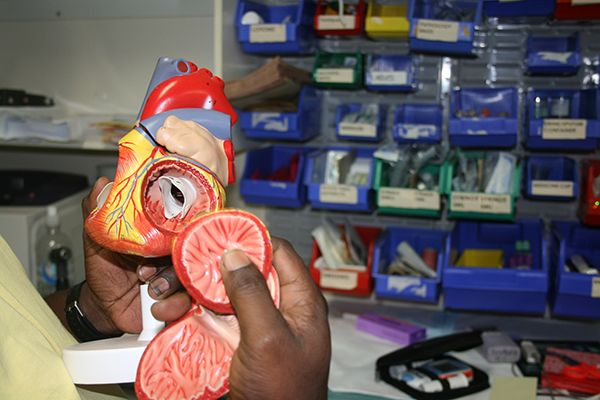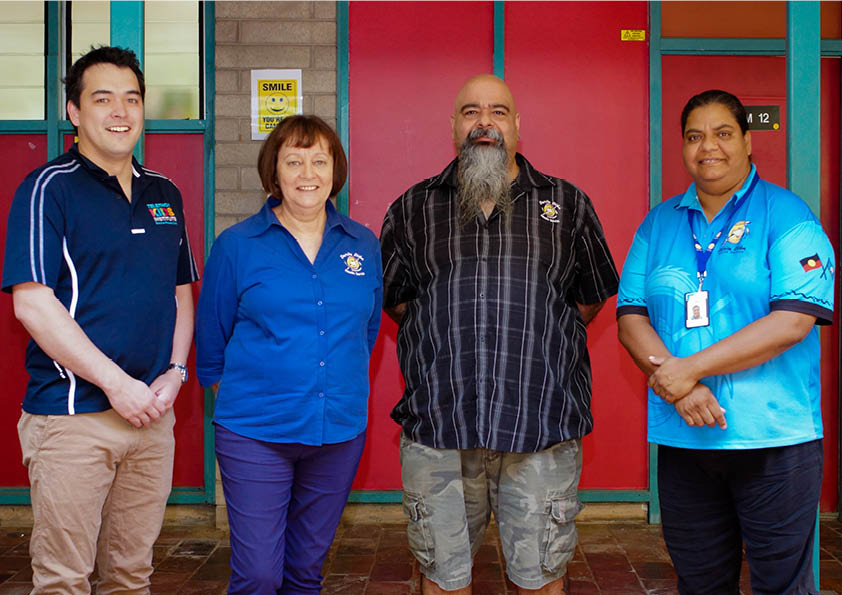Search
Research
Research priorities for the secondary prevention and management of acute rheumatic fever and rheumatic heart disease: a National Heart, Lung, and Blood Institute workshop reportSecondary prevention of acute rheumatic fever (ARF) and rheumatic heart disease (RHD) involves continuous antimicrobial prophylaxis among affected individuals and is recognised as a cornerstone of public health programmes that address these conditions. However, several important scientific issues around the secondary prevention paradigm remain unresolved.
Research
Research priorities for the primordial prevention of acute rheumatic fever and rheumatic heart disease by modifying the social determinants of healthThe social determinants of health such as access to income, education, housing and healthcare, strongly shape the occurrence of acute rheumatic fever and rheumatic heart disease at the household, community and national levels.
Research
Prospects for the future: supporting the elimination of rheumatic heart disease – a National Heart, Lung, and Blood Institute Workshop ProceedingsJonathan Carapetis AM AM MBBS FRACP FAFPHM PhD FAHMS Executive Director; Co-Head, Strep A Translation; Co-Founder of REACH 08 6319 1000 contact@


People
Dr Janessa PickeringDr Janessa Pickering is a research microbiologist with expertise in the molecular diagnostics and host pathogen interactions of upper respiratory tract pathogens that cause disease in children.

News & Events
The Kids takes fight against one of the world’s deadliest bugs to national stageLast night, almost 60 supporters gathered at Adelaide Town Hall for the inaugural The Kids Research Institute Australia Adelaide Lecture, Not Just a Sore Throat: The Race to Stop One of the Deadliest Bugs on the Planet.

News & Events
Major grants fuel child health researchSix researchers from The Kids Research Institute Australia have been awarded $8.9 million in prestigious Investigator Grants from the National Health and Medical Research Council.

News & Events
The Kids Research Institute Australia to lead international research team in tackling acute rheumatic feverAn international research team led by The Kids Research Institute Australia has been awarded a $5 million Synergy Grant by the NHMRC.

News & Events
Preventing RHD through community-driven activitiesHealth activities driven by remote Indigenous communities may be key to the sustainable and successful treatment and prevention of a potentially fatal disease, a study has found.

News & Events
New RHD research collaboration with Danila Dilba Health ServiceThe Kids Research Institute Australia and Menzies School of Health Research have joined forces with Danila Dilba Health Service to look at improving treatment for RHD.
